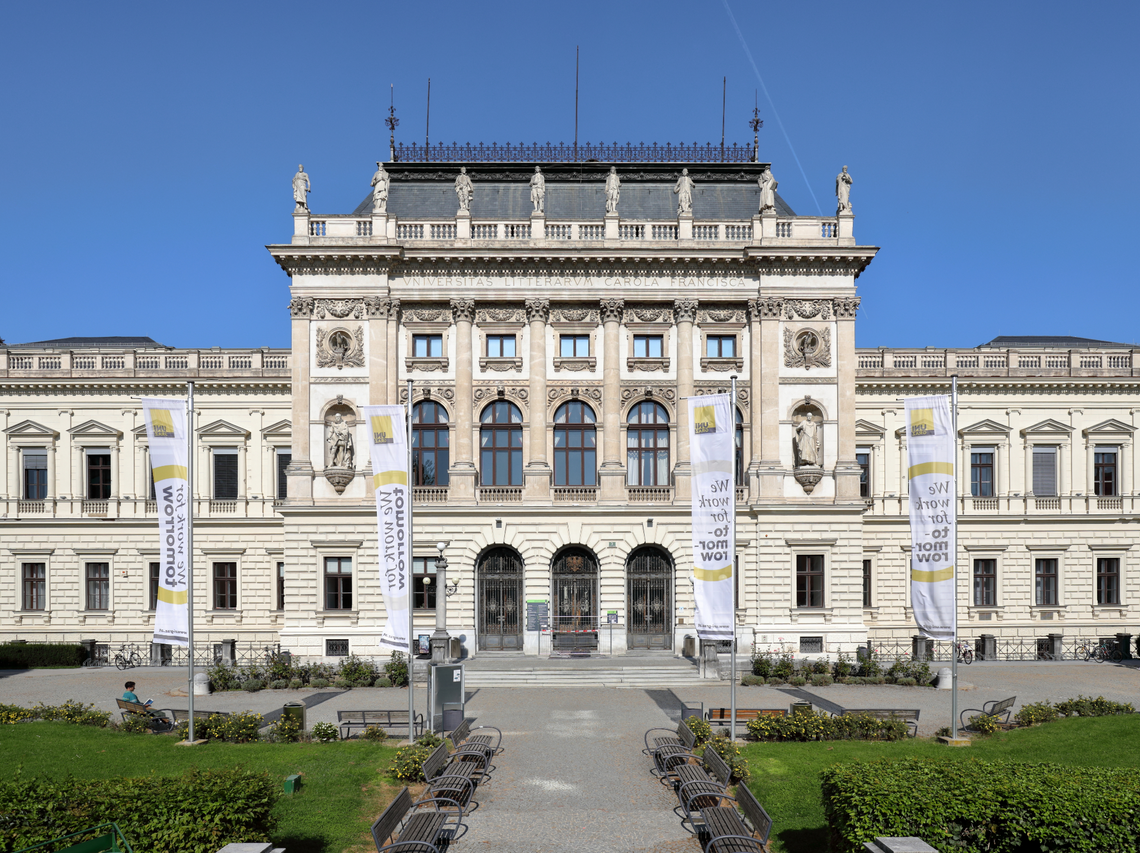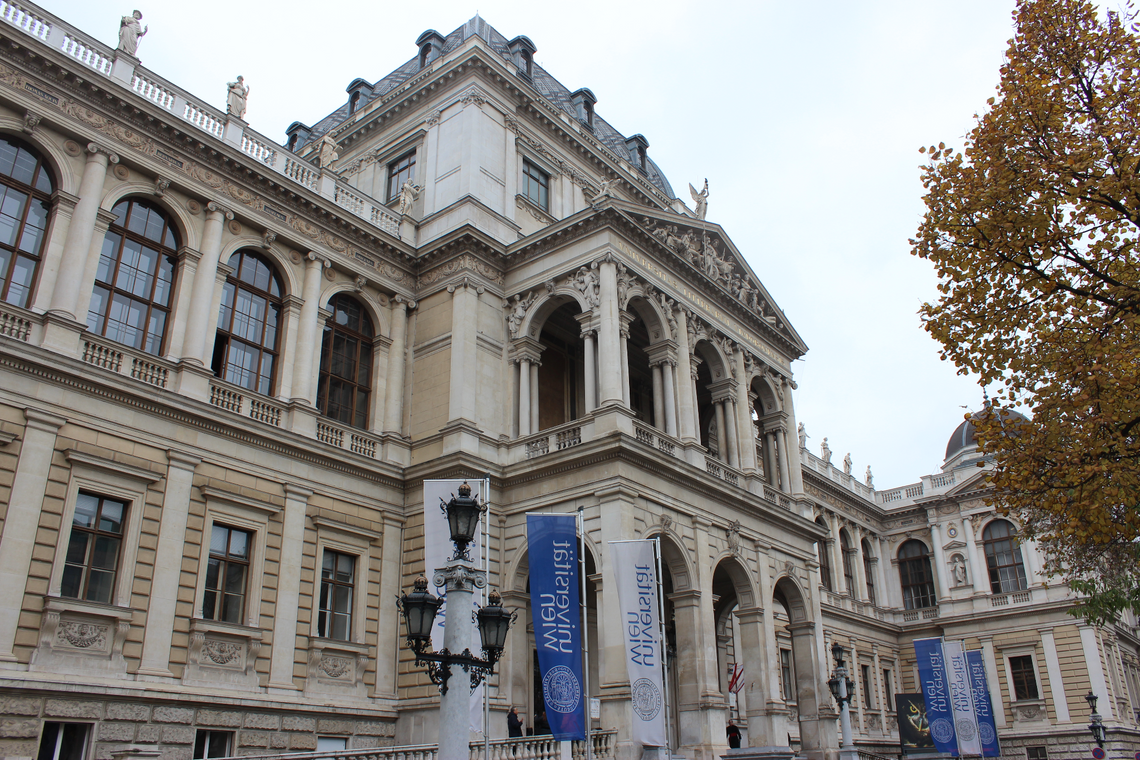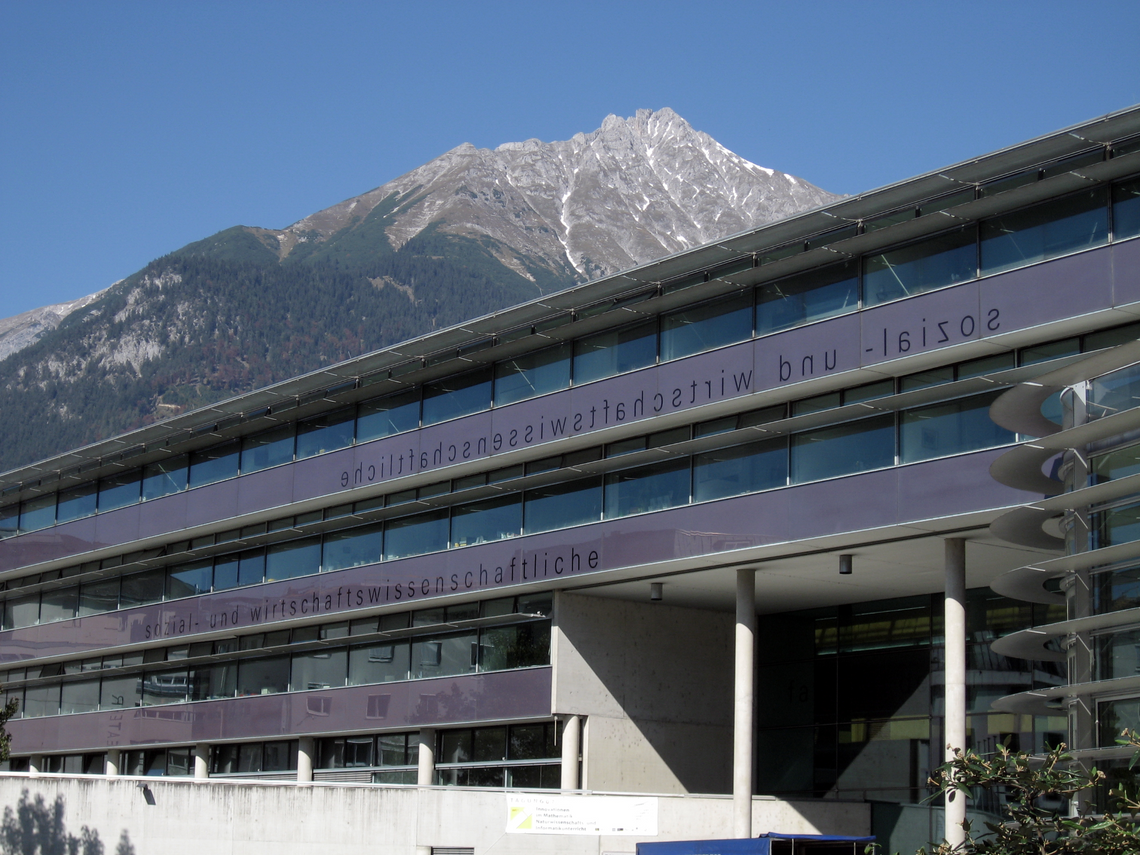
Apply to a foreign university with confidence
- Properly fulfilled documents
- Perfect motivation letter
- Support from a personal mentor
- Offers from several universities
Article score: 4 out of 5 (3 reviews)
There are many reasons to study in Austria: the world class universities are located there, tuition fees are quite low and living conditions for students are excellent. Find more facts about Austrian higher education and how to receive it in the article.
Free consultation





Education for schoolchildren in Austria is compulsory from ages 6 to 15. After grade 9, students can choose a vocational or general education direction. High schools are divided into:
Given the variety of secondary schools and qualifications, students make decisions about their future quite early, which often leads to the wrong choice of profession. Therefore, Austria is now developing a more acceptable secondary education system.
There are also private schools in Austria. Most of them are run by the Roman Catholic Church. Such institutions have a reputation of being more selective and strict than public schools, and some of them are considered elite.
Since 1960, education in Austria is no longer a prerogative of the elite, but a national property. Many foreign students are interested in studying in the country. There are many reasons for this: the world class universities are located here, tuition fees are low, and safety and a high standard of living promise interesting and prosperous student years. Located in the heart of Europe, Austria is renowned for its cultural and scientific achievements in various fields, from classical opera to automotive engineering. According to the survey of international students on the website StudyPortals, Austria is one of the best countries for education: it was rated 9 out of 10.
| Type of study | Age | Duration | Min. cost | Avg. cost | Language requirements | Exams |
|---|---|---|---|---|---|---|
| Summer camp | 6+ | 1-5 weeks | 418 USD/week | 904 USD/week | - | - |
| Language courses | 16+ | 1-52 weeks | 215 USD/week | 339 USD/week | A1 | Rented locally in schools |
| Secondary education | 10+ | 11-12 years | Free | 33,900 USD/year | B1 | Exam/interview |
| University preparation | 17+ | 1-2 years | 395 USD/semester | 4,068 USD/year | A2 | ÖSD Zertifikat А2, Goethe Zertifikat А2 |
| Bachelor's | 17+ | 3-4 years | Free | 4,520 USD/semester | C1 | ÖSD Zertifikat C1, Goethe Zertifikat C1, TestDaF 4 |
| Master's | 20+ | 1-2 years | 822 USD/semester | 5,650 USD/semester | C1 | ÖSD Zertifikat C1, Goethe Zertifikat C1, TestDaF 4 |
| MBA | 20+ | 1-2 years | Free | 28,250 USD/year | C1 | TOEFL 88 / IELTS 6.5 |
| Doctorate | 20+ | 3-4 years | Free | 3,107 USD/semester | C1 | ÖSD Zertifikat C1, Goethe Zertifikat C1, TestDaF 4 |
All prices and requirements must be checked on the university websites.
The OeAD organization implements training programs for the university. They prepare foreign applicants for additional university admission exams and for study in German. These programs can be in:
University preparation programs are present in Vienna, Graz and Leoben.
| City | Universities | Cost/semester | Accommodation |
|---|---|---|---|
| Vienna | 1,382 USD | Not provided (can be found via OeAD housing office) | |
| Graz | 395-757 USD | On request | |
| Leoben | Mining University of Leoben | On request | OeAD-Guesthouse MINEROOM |
All Foundation students have university student status and are issued student cards. Detailed information about the preparatory programs can be found here.
There are also preparatory courses and international Foundation programs at the universities themselves:

Previously existing college programs were introduced to the Universities of Applied Sciences (Fachhochschulen) (UAS/FH)[6]. FH offer students a professionally oriented higher education in bachelor’s programs (6 semesters) and master's programs (2-4 semesters). The studies can be full-time, part-time, or short-term for working students. The curriculum consists of practical activities and compulsory vocational training. The latter can take place in Austria or abroad. Such internships usually last 15 weeks. At the end of the training, students write their theses.
FH provides over 650 degree programs in areas such as business, engineering and IT, social sciences, media, design, medicine. In total, there are more than 20 universities of applied sciences in Austria. About 80 programs are taught entirely in English.
To enter, you will need:
Additionally, admission tests are conducted, for example: an exam, interview, testing, portfolio review or group games. Application deadlines and requirements depend on the program and the university. It is worth noting that the number of applicants usually exceeds the number of study places at universities. The cost of studying at FH ranges from 1,695-2,260 USD per year.
UAS degrees are equated to research university degrees. Therefore, graduates of master's programs from universities of applied sciences can enter traditional universities for doctoral studies. FH programs can be found on the website of the Austrian Universities of Applied Sciences Portal .
Bachelor’s programs are held by research universities and universities of applied sciences. Education is offered in a variety of disciplines, for example: arts and humanities, economics, engineering, law, medicine, veterinary medicine, natural and social sciences, education, theology.
Typically, bachelor’s programs last for 4 years in engineering and 3 years in other fields. The number of ECTS credits is 180-240. Austrian universities do not have a fixed curriculum: the student himself chooses the schedule, professors and exam dates. At the end of their studies, students take final exams and defend their graduation work.

Master’s programs are offered by private, public and universities of applied sciences. Before Austria joined the Bologna Process, the Master's degree was merged with the Bachelor's degree and lasted much longer. Such programs were called the Diploma program (Diplomstudium) or Magister. Now they can still be found in some universities (about 6 years of study), but most universities have switched to standard master's programs. They usually last 2 years at universities and 1-2 years at Fachhochschulen.
The curriculum includes compulsory and elective courses. During the first year, students learn general subjects, and in the second year, turn to elective disciplines. All master’s students do research and write term papers and/or dissertations. For some one-year programs at Fachhochschulen, academic work is not required. In other cases, the thesis is worth about 20-40 ECTS credits and its defense takes place orally. Throughout their studies, students attend lectures, conduct research, and work on group and individual projects.
Universities in Austria implement doctoral studies in various fields of science. Some programs are general and cover a wide range of disciplines, while others are structured and focused on research of specific topics. The latter are usually offered at selected doctoral schools (Doktoratskollegs) created by universities.
Doctoral studies in Austria last from 3 to 4 years. Often, the duration of study depends on the student's qualifications: with a master's degree, doctoral studies will last 3 years, without it (with a bachelor's degree) — 4.
The first part of the study includes usual lectures and seminars aimed at gaining knowledge and developing research skills. Towards the end of the first year of study, candidates choose a thesis topic. Once it is approved, the remaining time is allocated to writing a scientific paper.
In Austrian universities, PhD candidates are often assigned two academic advisors. The delivery of the thesis takes place in the form of presentation and oral defense (Rigorosum) before the commission.
In Austria, there is an opportunity to work during your doctoral studies. This is how the student becomes an employee of the university and receives a salary. In return, he teaches, helps in labs, and does paperwork.
The career ladder of a professor in Austrian universities usually includes 4 stages:
There are other non-tenured positions:
To start an academic career, PhD candidates start working already while studying at the position of Universitätsassistent. Then the researcher becomes an Assistant Professor. Over the next 6 years, the scientist should be successful in research and teaching. Sometimes he is required to additionally obtain the Habilitation qualification. After that, the Assistant automatically moves to the permanent position of Associate Professor. It is not easy to become a full-time professor in the future, since there are often no vacancies in universities. Moreover, the professor must have an excellent track record of research and teaching success.
Professors are selected and hired by a special committee organized by the University Senate. Contracts can be temporary or permanent, full-time and part-time.
The size of a professor's salary depends on the position and length of service. Thus, an assistant professor who has worked for up to 6 years receives an average of 3,390 USD per month, and those who have been working for more than 10 years — 5,650-6,780 USD. For the position of a professor, the salary ranges from 4,520 USD to 7,345 USD[7].
Foreign candidates for a professorship in Austria are not required to be fluent in German at the time of application. However, universities generally expect an applicant to learn German at an academic level within a short time. Therefore, the scientist is advised to start learning the language in advance. It should be noted that often the internal staff of the university has priority in the selection of applicants.

Nationals of EU member countries, Switzerland, Norway, Iceland, and Liechtenstein are eligible to work in Austria without any limitations or additional requirements.
At the same time, according to Austrian law, international students from the rest of the world have the right to work no more than 20 hours a week. The salary will be around 395 USD per month. Knowledge of the language for work is advised, especially in small towns. Positions that a student can have are usually the simplest ones: waiter, courier, etc. It should be kept in mind that before starting work, the boss must issue a work permit (Beschäftigungsbewilling), and its issuance is limited by a quota set by the Austrian government. This can be an obstacle to successful employment in the country. If the student intends to undertake a paid internship, a work permit will not be required.
Also, students have the opportunity to work without permission (Werkvertrag). These can be one-time results-oriented services (for example, addressing 1000 envelopes). When performing this work, the student should not be bound by a fixed time and place of work. However, here you need to be careful and understand exactly the difference between contract work and the services provided by self-employed (Werkvertrag). The legal consequences of illegal labor can cause deportation from the country. Therefore, before starting work, the student is advised to contact the Labor Chamber (Arbeiterkammer, AK) or the State Employment Service (Arbeitsmarktservice, AMS) and consult about the legality of the work.
Graduates from the EU/EEA member states and Switzerland enjoy the opportunity to stay and work in Austria with no further requirements.
As for citizens of other countries, after graduation from an Austrian university, they have the right to stay in the country for 12 months to look for a job or start a business. To extend the residence permit, you must provide:
If during this year a young specialist has found a position corresponding to his qualification level, he can receive a work permit (Red-White-Red Card). Requirements for obtaining this permit are:
The cost of applying for a Red-White-Red Card is 136 USD. The initial validity period of the card is 1 year, subsequently it can be renewed for 3 years.
The required documents and details are listed on the Federal Government for Immigration to Austria website.

It will not be easy to find a job in Austria after graduation. Firstly, knowledge of the German language is mandatory, and secondly, it is worth remembering that Austria is a rather conservative country, where ‘who you know’ plays a role in job search, so it would not hurt a foreigner to start networking as early as possible. However, the country's economy is stable and prosperous: in 2019, the unemployment rate in Austria was only 4.67%[8]. The state itself is ranked 13th in the list of the richest countries according to the IMF in 2019[9].
In Austria, almost all sectors of the economy are developed, in particular the service sector (tourism, finance, legal advice), industrial production (electrochemistry, engineering, mechanical engineering, machine tools, equipment manufacturing) and agriculture[10]. Also, job prospects depend on the specialty of the graduate. Highly paid specialists in management, financial services, marketing, consulting, accounting, sales and business[11].
When looking for work in other European countries, it is necessary to take into account the peculiarities of a particular state. For example, knowledge of the German language will come in handy when applying for a job in Germany. In general, an Austrian diploma, like almost any European one, is highly regarded in many countries of the world.





60+ countries
we work with
$1,000,000 saved
by students through scholarships
6,400 offers
our students got